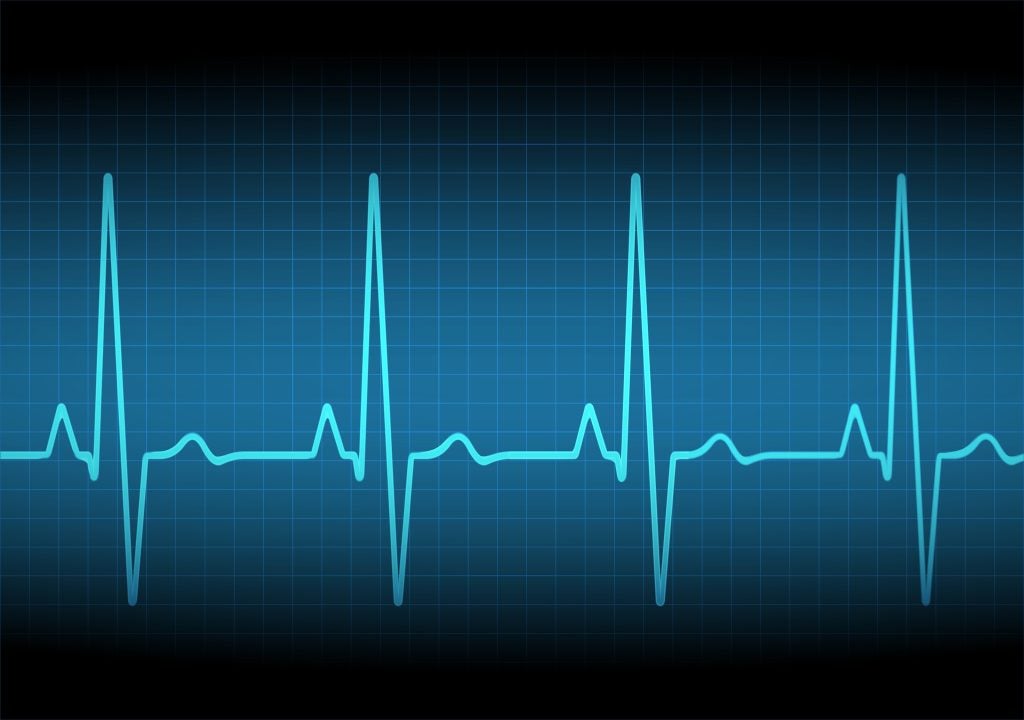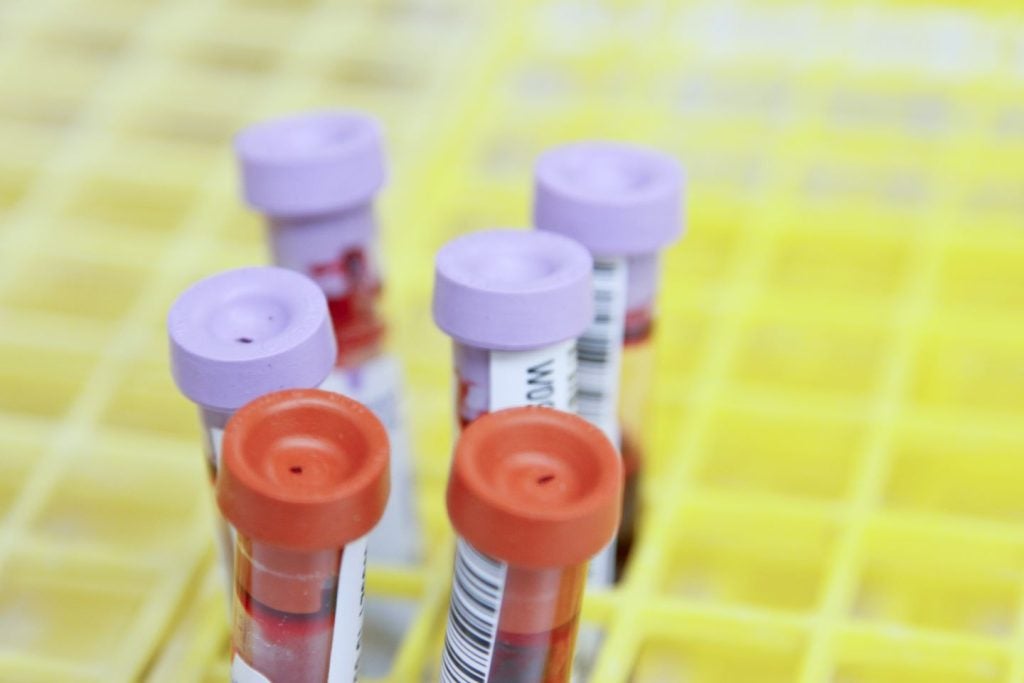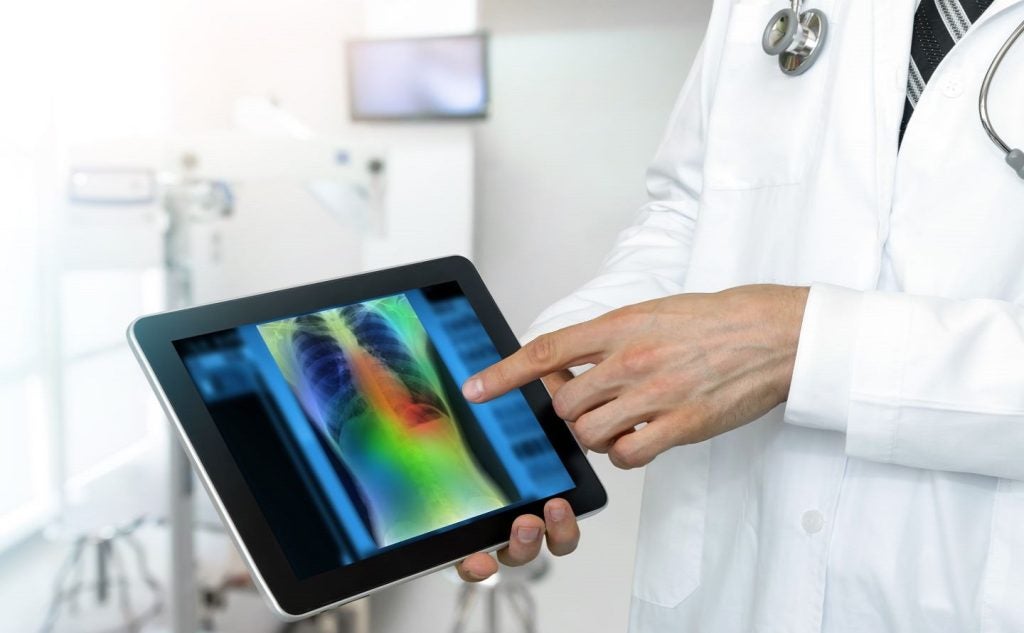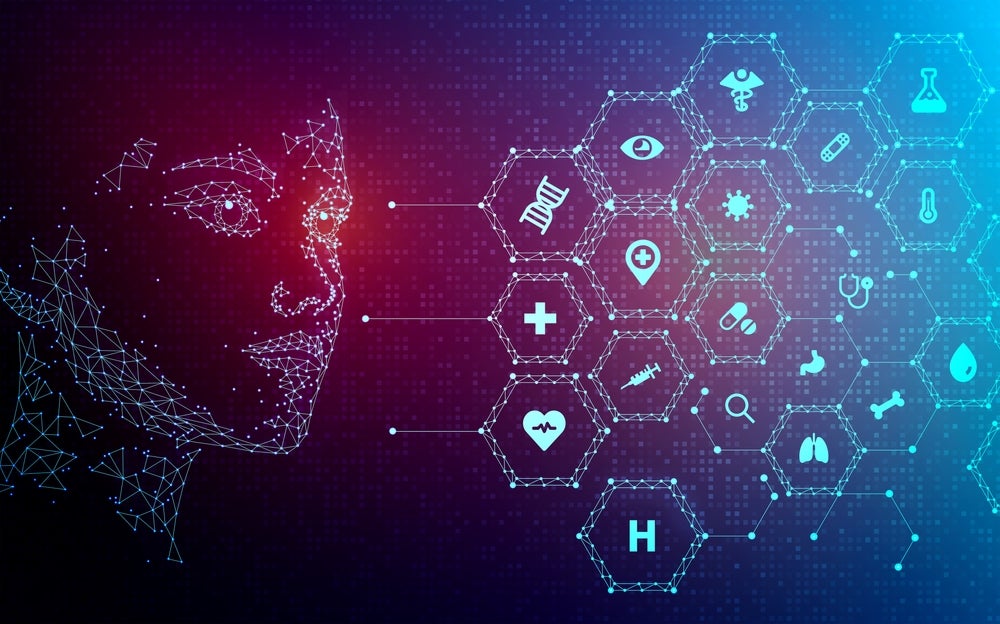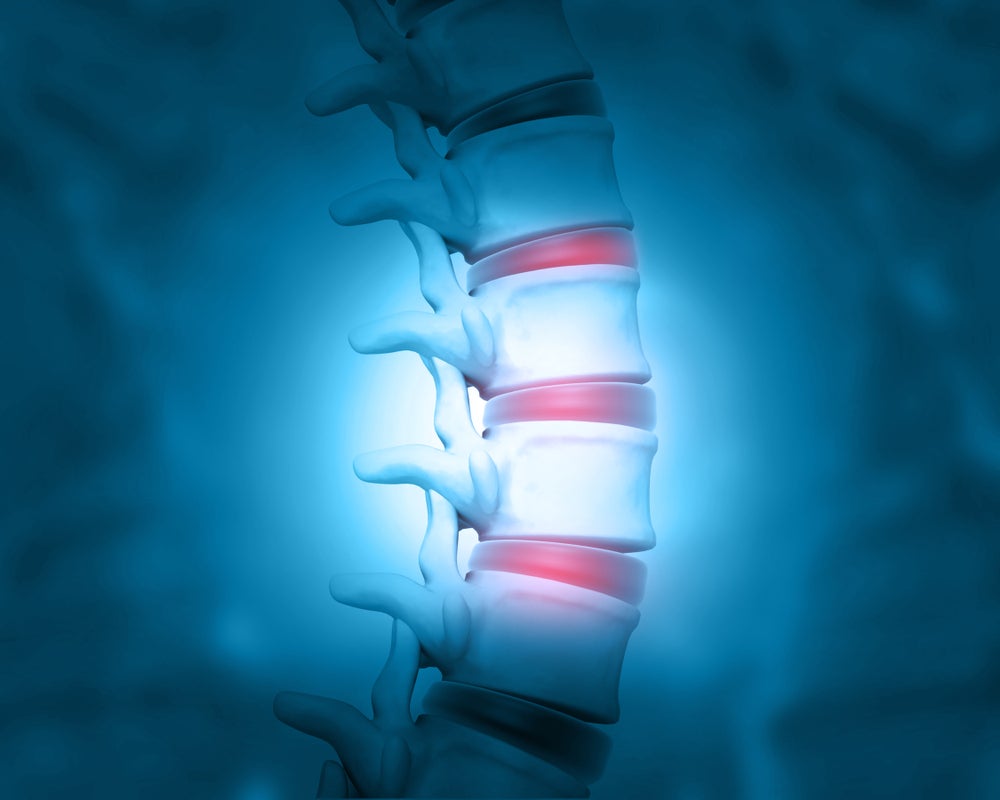eHealth Ventures portfolio company AccuLine and Mayo Clinic have entered a know-how license agreement to advance the former’s CORA solution designed to detect coronary artery disease (CAD) early.
The agreement will allow Mayo Clinic to become a shareholder in AccuLine.
The CORA system is designed to simultaneously measure and interpret several biological indicators, covering respiratory rhythm, cardiac electrical activity and blood oxygen saturation.
Leveraging artificial intelligence (AI)-driven signal processing algorithms, the system enables the assessment of the individual’s coronary arteries.
The technology is based on the two novel bio-signal discoveries in the electric activity of the heart, correlating with CAD.
With a specificity and sensitivity of 85%, the system was able to differentiate between individuals with and without notable coronary heart disease in a clinical trial.
The collaboration aims to adapt the system for the US market, which involves defining features of the product and designing a comprehensive clinical trial in line with FDA approval requirements.
Furthermore, the technology will be integrated as the preferred diagnostic tool for cardiologists and general practitioners for early detection of CAD.
AccuLine CEO Moshe Barel said: “We are thrilled to join forces with Mayo Clinic in this pivotal initiative aimed at reducing the impact of heart attacks on mortality and patient well-being.
“Mayo Clinic's extensive clinical experience and expertise in diagnosing and treating cardiac conditions are important assets as we refine CORA, enabling the identification of individuals at high risk for heart attacks years in advance.”




